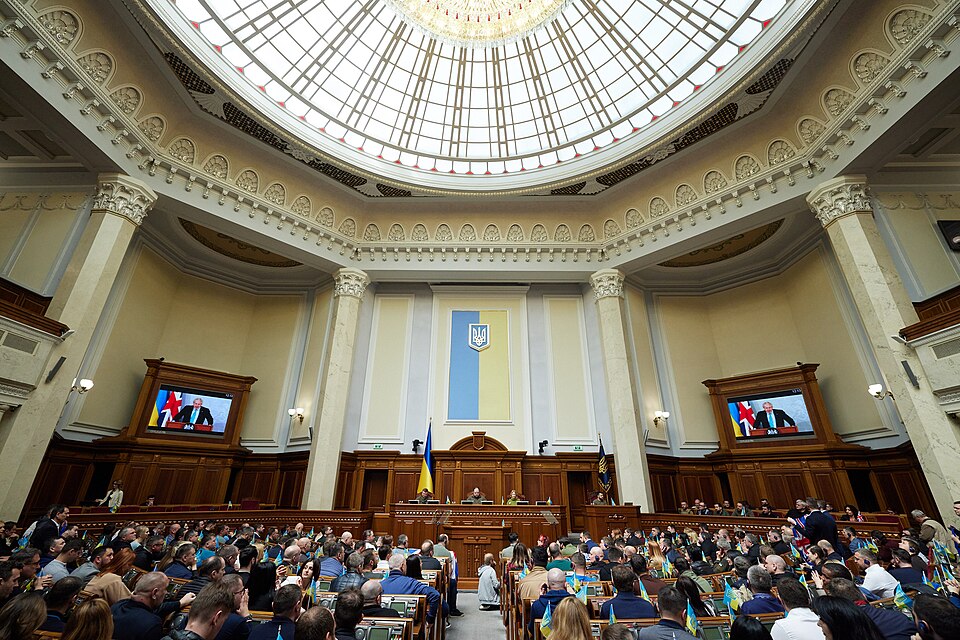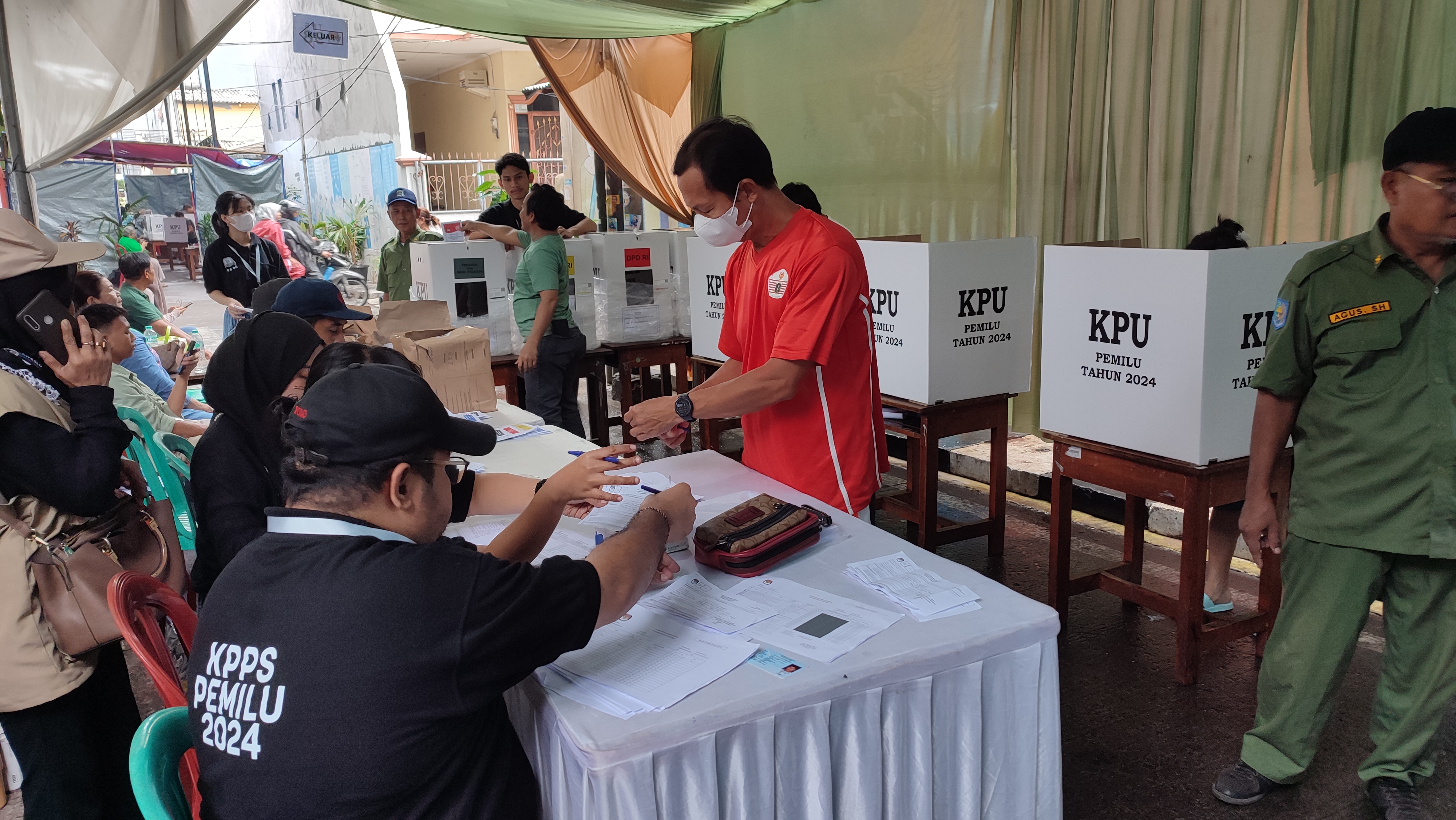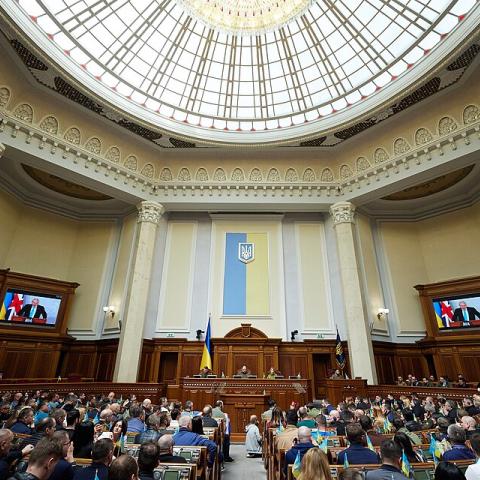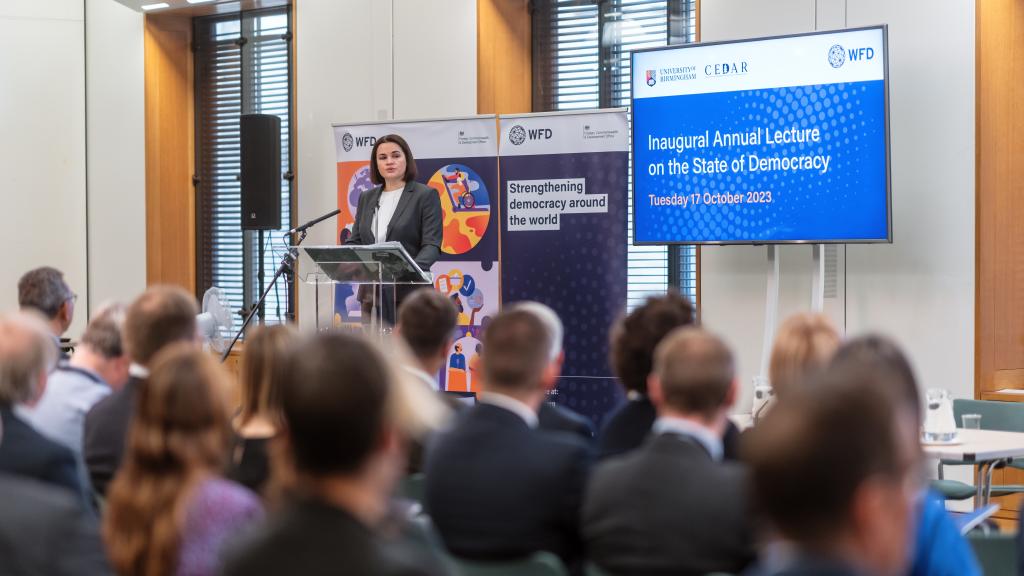
Join us for an engaging webinar that explores how post-legislative scrutiny (PLS) is being used to strengthen governance, accountability, and legislative effectiveness across the African continent.
Past events

In the wake of the Ukraine Recovery Conference 2025, Westminster Foundation for Democracy (WFD) invites you to a powerful and timely conversation grounded in the latest report: “The gendered impact of the Russian full-scale invasion on the priorities of Ukrainian MPs’’.

Join us for this important two-day event on 8–9 July 2025, online and in Chișinău, Republic of Moldova. The conference is proudly hosted by the Central Electoral Commission of Moldova in partnership with Westminster Foundation for Democracy, International IDEA, UNDP, the Council of Europe, IFES, and the International Republican Institute and other organisations.

This seminar will introduce WFD’s trauma-informed, cyclical risk assessment framework designed to help political institutions reflect on and address systemic risks that perpetuate violence against women in politics (VAWP). The event will feature a keynote, methodology presentation, and a high-level panel discussion with regional stakeholders.

Join us for an engaging conversation exploring the merits, requirements, and challenges of conducting Post-Legislative Scrutiny (PLS) by sub-national parliaments and assemblies.

The Electoral Integrity Project and WFD are pleased to announce a significant three-day online workshop examining electoral reform and democratic practices globally.

Join us on Friday, 14 March 2025, for an inter-active webinar, organised by the Global Community of Practice on PLS in cooperation with the Parliament of South Africa, Chamber of Deputies of Chile and the University of London, on gender-sensitive impact assessments of legislation.

Join us for an engaging webinar that explores how post-legislative scrutiny (PLS) is being used to strengthen governance, accountability, and legislative effectiveness across the African continent.

In the wake of the Ukraine Recovery Conference 2025, Westminster Foundation for Democracy (WFD) invites you to a powerful and timely conversation grounded in the latest report: “The gendered impact of the Russian full-scale invasion on the priorities of Ukrainian MPs’’.

Join us for this important two-day event on 8–9 July 2025, online and in Chișinău, Republic of Moldova. The conference is proudly hosted by the Central Electoral Commission of Moldova in partnership with Westminster Foundation for Democracy, International IDEA, UNDP, the Council of Europe, IFES, and the International Republican Institute and other organisations.

This seminar will introduce WFD’s trauma-informed, cyclical risk assessment framework designed to help political institutions reflect on and address systemic risks that perpetuate violence against women in politics (VAWP). The event will feature a keynote, methodology presentation, and a high-level panel discussion with regional stakeholders.
